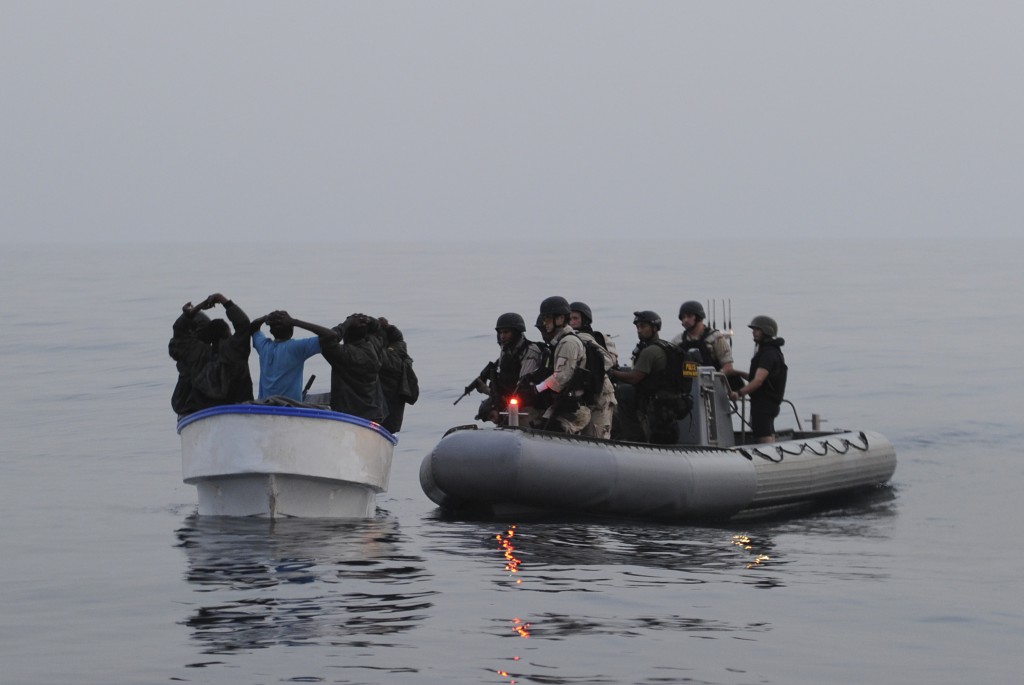
June 2012
A recent report released by AT Kearney and the Gulf Petrochemicals & Chemicals Association predicts that another piracy epidemic could cause shipping costs to skyrocket by 150%.
Although there have been recent declines since the epidemic reached fever-pitch levels in 2009, piracy has not yet been eliminated. If the current situation stagnates or regresses, the shipping industry may be in trouble.
The current level of containment is due to increased worldwide naval presence in the Indian ocean. But foreign navies can’t stay there forever, and even if they do– the ocean is a vast expanse that is not easily covered even if the world’s combined naval powers pitching in.
The private security sector has complemented, and even lead this effort. Combined with increased military presence, private security contractors offer the best defense against piracy. Their on-board agents and expertise in counter-piracy operations have been quite a boon to shipping companies. But of course, their services are costly as well (though not nearly as costly as lost cargo, million dollar ransoms and dead and tortured employees).
So, is there a cheaper way to combat the effects of piracy or is the thorn-in-the-side permanently stuck in there? The recent report does touch upon a permanent solution to the problem– an answer to Somalia’s economic woes.
The country has been completely unstable for the past decades, stricken by poverty, terrorism, famine and violence. The waters off shore have been horribly overfished as well. All of these factors have driven a large number of seafarers to piracy because they have no other options.
While the stabilization of Somali would offer a permanent solution and be of little-to-no cost to shipping companies, the solution is easier to talk about than to execute. It would likely require the benevolence and cooperation of a large number of foreign governments and non-governmental organizations to help the country get back on its feet. Ultimately, though, the Somali people need to be intimately involved and to a degree, the movers of the reform movement.
Until that time though, shipping providers are advised to factor the threat of piracy into their budgets and profit projections. Some of the specific costs associated with the threat of piracy include loss of cargo, ransom payments, high insurance premiums, delayed delivery of goods, and increasing wages for sailors traversing life-threatening waters.
Some of the specific costs of private security, however, are far lower (though still significant). Private contractors can supply on-board armed operators and outfit vessels with barbed wire, sand-bags and other pirate-deterring devices. Many often offer consults and crew training to update the sailors with the most current strategies to avoid, deter and defend against pirates.
The unfortunate reality remains, however, that the problem won’t be solved until the international community offers more assistance than simply increased naval patrols. A deeper, more proactive pursuit of pirates is certainly necessary. But even more than that, the root of the problem needs to be addressed.
Without a concerted effort to build a strong, independent and self-sustaining nation in Somalia, it’s rabble will continue to resort to piracy, no matter how many of them are captured or killed. Unfortunately, the continental summit of African nations, the African Union, is far from capable of conducting such efforts, especially because most of its nations have their own internal problems to be addressed. It may fall to world powers such as countries from NATO, led by the United States, to address this issue more comprehensively than they are doing now.